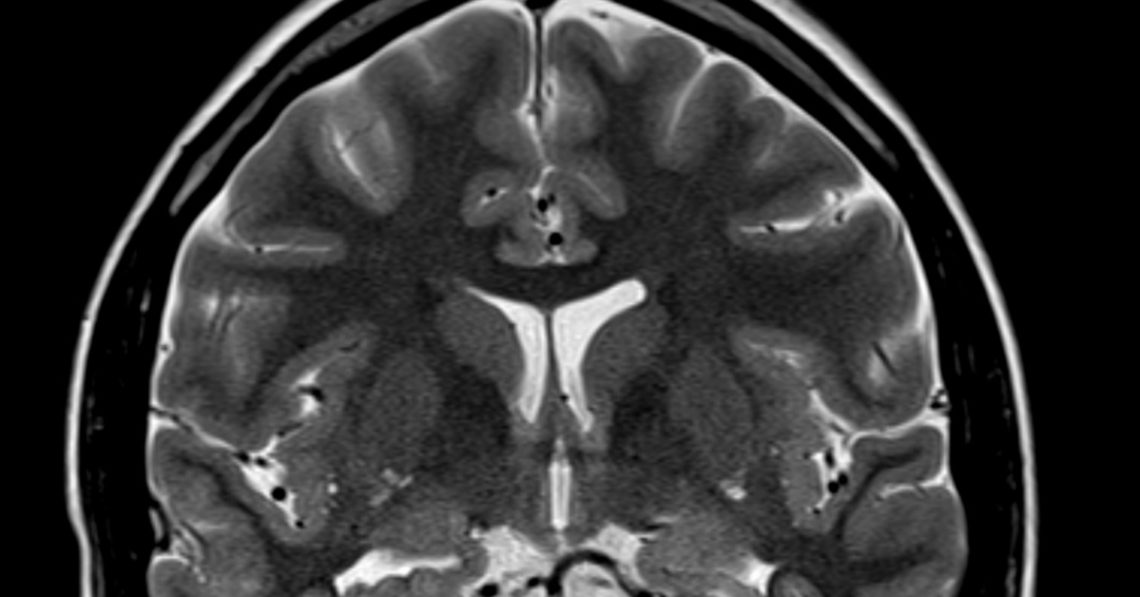Getting older means losing things. Some are fine, like any f**ks you have left to give or your tolerance for cheap tequila. Others, like the ability to follow a conversation in a loud room, hit harder.
But scientists now think there’s a way to fight back. And it might start at a piano bench.
Researchers publishing in PLOS Biology found that older adults who have played music for decades have brains that function more like those of someone half their age, at least when it comes to understanding speech in loud environments. In brain scans, they showed cleaner, more focused activity while listening to spoken syllables buried in background noise. Their brains weren’t scrambling. They already knew what to do.
Musical Training Might Be the Brain’s Best Defense Against Aging
Most people experience a decline in efficiency as they age. The brain begins to draw on extra resources to complete basic tasks, activating more regions to keep pace. It’s a workaround, not a fix. But older musicians didn’t follow that pattern. Their brains stayed streamlined. When they tried harder, they performed worse, which suggests their default mode works best left alone.
The study included 74 participants, divided into three groups: older musicians, older non-musicians, and a younger control group. All were tested on their ability to recognize simple sounds like “ba” and “da” under layers of noise. The musicians, who had logged more than 30 years of training and continued to practice regularly, were the standouts.
What’s happening behind the scenes is something scientists refer to as “cognitive reserve.” Years of musical training may build and reinforce the brain’s wiring in a way that keeps it from degrading the same way other brains do. The systems involved in playing music—hearing, movement, timing—are the same ones needed to understand speech in loud, sensory-assaulting environments.
And this wasn’t just about volume or clarity. The musicians’ brains didn’t just respond better; they were organized in the same layout seen in younger adults. Non-musicians showed shifted activity, like their brains were improvising. The musicians stuck to the original arrangement and got better results.
This doesn’t mean picking up a guitar at 70 will solve all your problems. But it does suggest that long-term mental and physical training can do more than keep you sharp. It might slow down the parts of aging that most people accept.
The post The Brain’s Best Defense Against Aging Could Be Your New Favorite Hobby appeared first on VICE.




